The wastewater industry is seeing shifts in core workflows, creating trends toward more efficient tech and more resilient infrastructure. In particular, use of artificial intelligence (AI) will continue to spread as municipalities migrate toward predominantly cloud-based workflows. But beyond technology, the United States is putting renewed effort into rehabilitating infrastructure, with more cities investing in sustainable, resilient sewer systems with the ability to adapt in the face of extreme weather.
The Shifting Wastewater Industry: From Cloud-Based Workflows to Resilient Infrastructure
[fa icon="calendar'] Feb 4, 2022 1:40:47 PM / by WinCan
How AI Helps Prepare Sewers for Severe Weather
[fa icon="calendar'] Dec 2, 2021 4:29:52 PM / by WinCan
As extreme weather events increase around the globe, cities are looking to create more resilient infrastructure to withstand and protect against floods, hurricanes, wildfires and other high-risk events. In addition to climate change, many municipalities already face I&I challenges, and aging infrastructure puts strain on local wastewater teams. When operators can’t keep up with routine maintenance and inspection, collection systems are at a higher risk of failure, and they stand little chance against significant weather events.
Sewer Basics: What is GIS (Day)?
[fa icon="calendar'] Nov 16, 2021 5:29:48 PM / by WinCan
Geospatial Information Systems (GIS) are computer systems that collect, store, manage and analyze data relevant to precise locations on Earth. They are the backbone of humankind’s most powerful mapping solutions, and they allow us to gather accurate information about the location of infrastructure in real-time.
New and Updated Features in WinCan VX Version 11
[fa icon="calendar'] Nov 12, 2021 4:31:59 PM / by WinCan
WinCan has released new updates for WinCan VX. In many ways, Version 11 brings out the best in WinCan’s most popular features, including the project merger, manhole wizard and macro toolbar. Additionally, it creates more flexibility for municipalities with unique inspection standards and export needs. The complete list of updates is below.
A New Vision for AI-enabled Data Services
[fa icon="calendar'] May 12, 2021 5:39:30 PM / by WinCan
As technology continues to shoulder more and more of our inspection workloads, it’s easy to forget that having enough qualified people to operate equipment, code and convert data, manage deliverables and analyze sewer infrastructure is just as important as having the software and equipment itself. But even with the right team, workloads can spike when you least expect it, causing your team to take on more work and stress, with the ensuing risk of delays and mistakes. AI-enabled data services allow your team to leverage the power and efficiency of AI, hands-on verification from data professionals, and fully integrated cloud hosting without breaking the bank or your team’s backs.
WinCan Launches Sewermatics: Data Services for an AI-Enabled Future
[fa icon="calendar'] May 10, 2021 6:25:29 PM / by WinCan
WinCan has always evolved to meet the needs of the wastewater industry. Now, in a continued commitment to industry-leading sewer inspection solutions, WinCan is proud to introduce Sewermatics, a new collection of AI-powered services that help you get more out of your inspection data.
The Evolution of Sewer Software
[fa icon="calendar'] Apr 21, 2021 1:43:34 PM / by WinCan
In spite of advances in new sewer pipe material, the evolution of sewer inspection was relatively slow throughout most of the 20th century. Before the advent of camera technology and sewer inspection software, lamp-holes were used to gaze down into sewer mains to ensure water was flowing. If there was no water flowing or if the water was pooling, then the maintenance crews knew there was a problem. These wastewater professionals conducted most of their inspections and maintenance by entering the sewers and looking down main lines with nothing but their eyes and a bit of auxiliary light, but we’ve come a long way since then.
3D Modeling for Sewer System Analysis
[fa icon="calendar'] Apr 5, 2021 5:05:59 PM / by WinCan
Municipalities often have hundreds of thousands of assets to keep track of. Without an accurate record of each one, its location and its condition, it’s impossible for engineers and operators to properly plan maintenance and expansion. However, advances in inspection and analysis methods are changing the way we understand the infrastructure that is under our feet, giving us the ability to visualize collection system layout and capacity like never before.
How AI Learns to See Defects
[fa icon="calendar'] Mar 22, 2021 3:25:45 PM / by WinCan
Although artificial intelligence (AI) won’t replace wastewater professionals, the sewer industry is making great strides in developing AI algorithms that can monitor data, predict outcomes and complete tasks in the same way a human would. From using telemetry data to improve upon hydraulic modeling of sewers, to AI-powered applications that identify anomalies in effluent, machine learning has enabled sewer professionals to better see, understand and manage wastewater and the infrastructure that transports it.
3 Ways to Improve Wastewater Data Management
[fa icon="calendar'] Mar 12, 2021 11:08:06 AM / by WinCan
Legacy data provides wastewater professionals the opportunity to review the history of defects for a given section, monitor rates of deterioration, and make more informed decisions on when and how to repair infrastructure. However, the condition of legacy data makes a significant difference in the value that it provides to municipalities. In particular, data security, accessibility and quality are all crucial to successfully managing wastewater infrastructure and sustaining data hygiene.

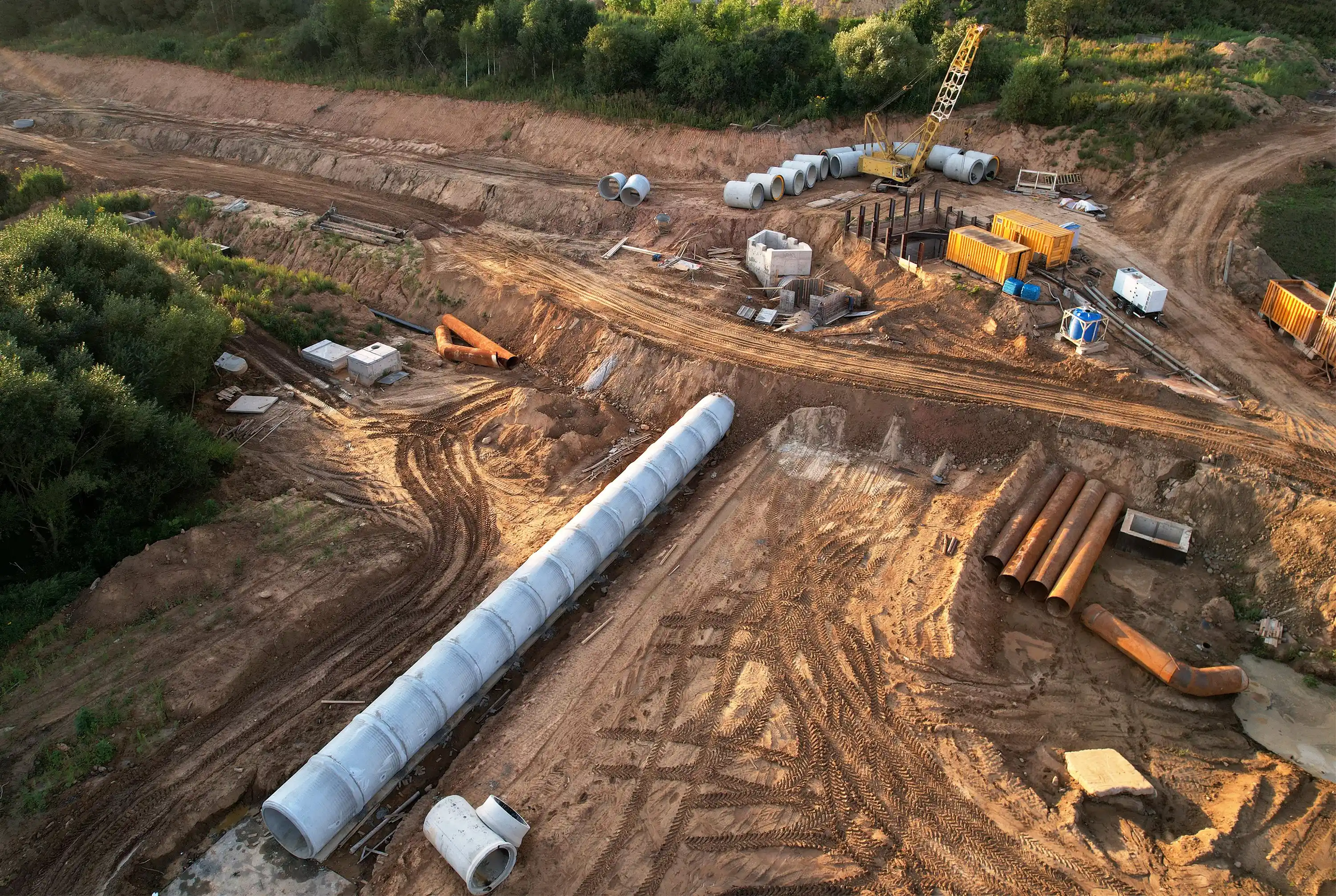


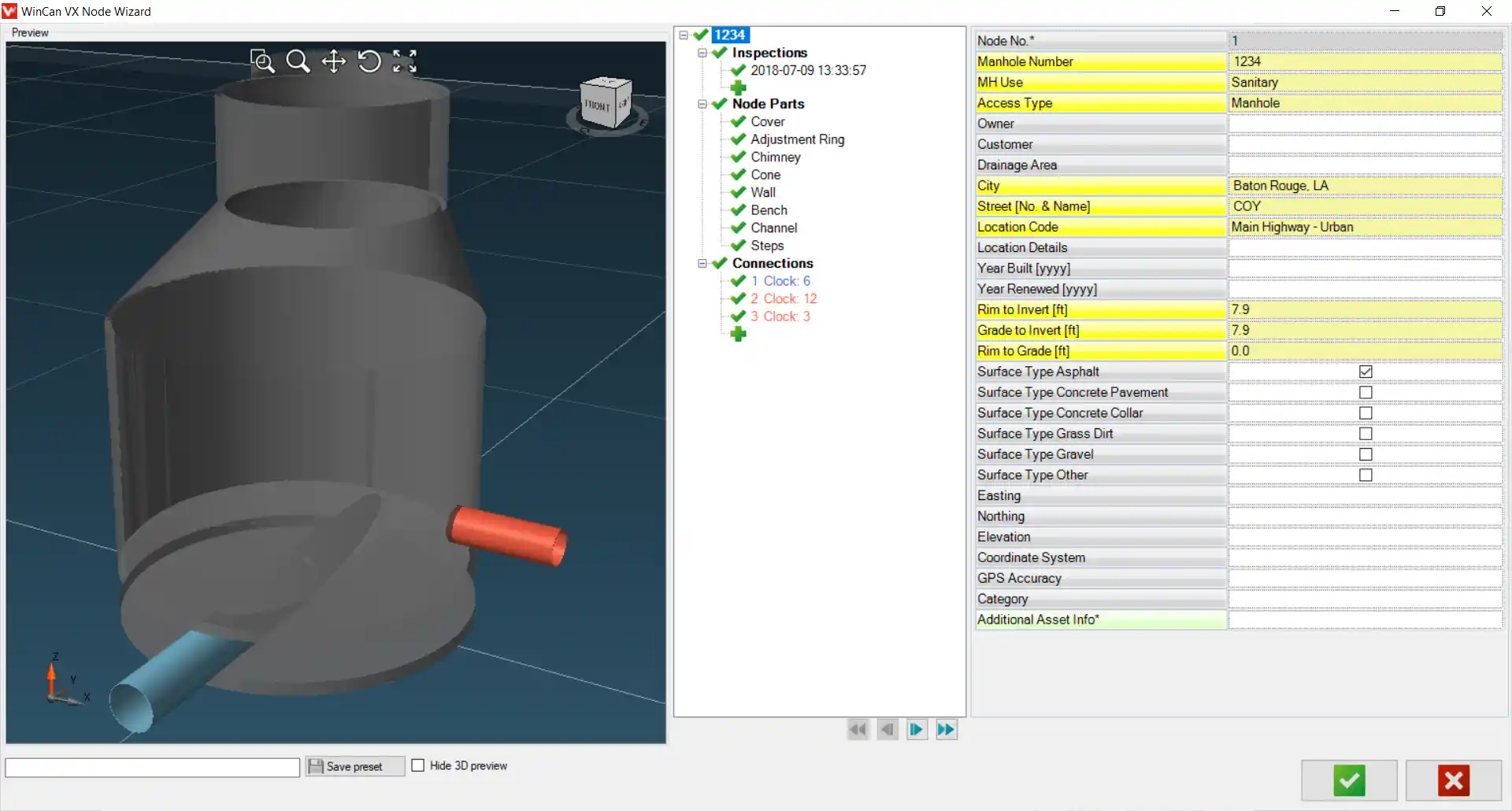
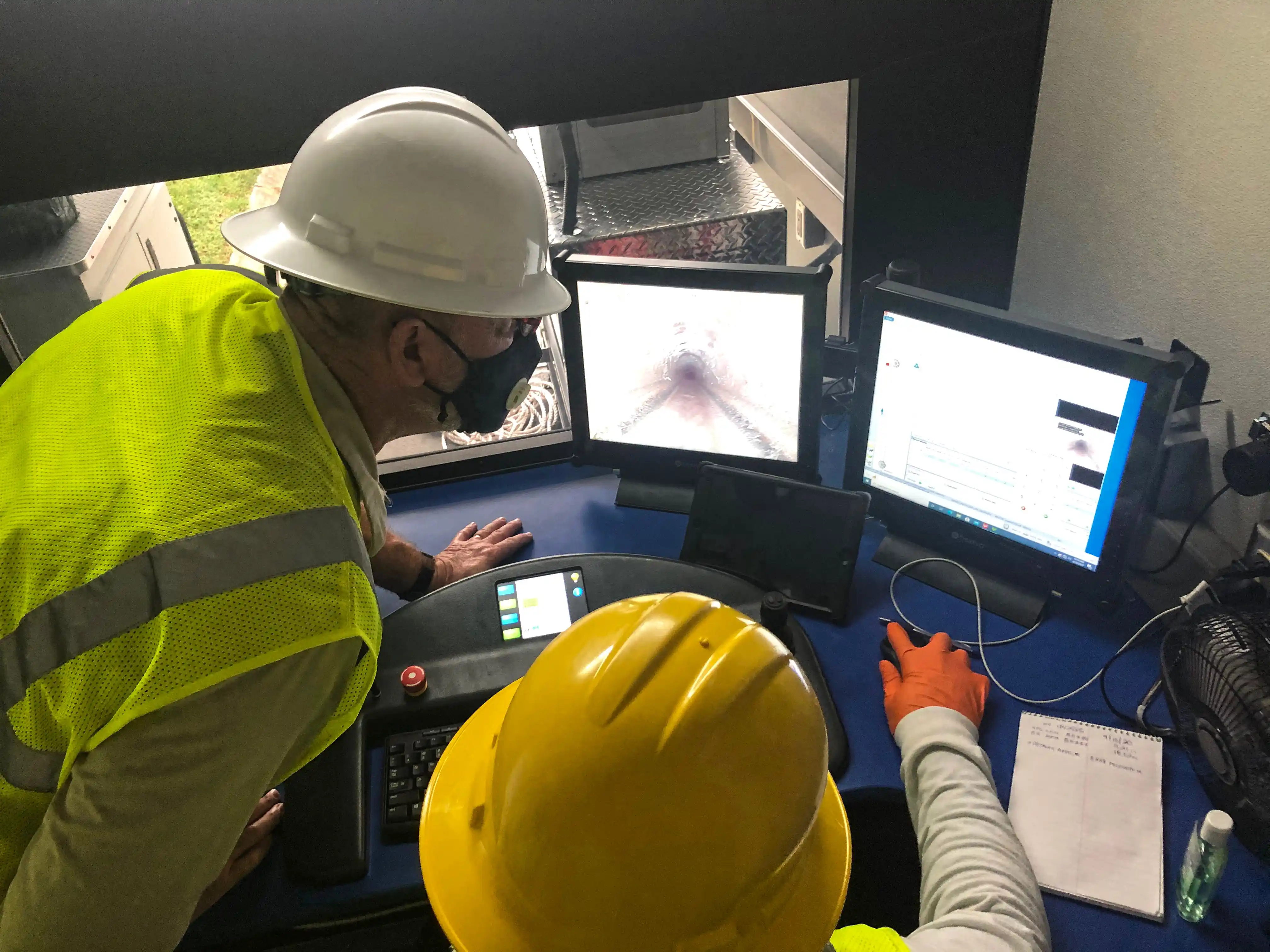
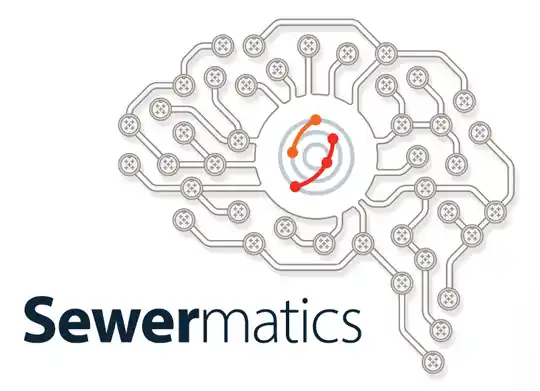
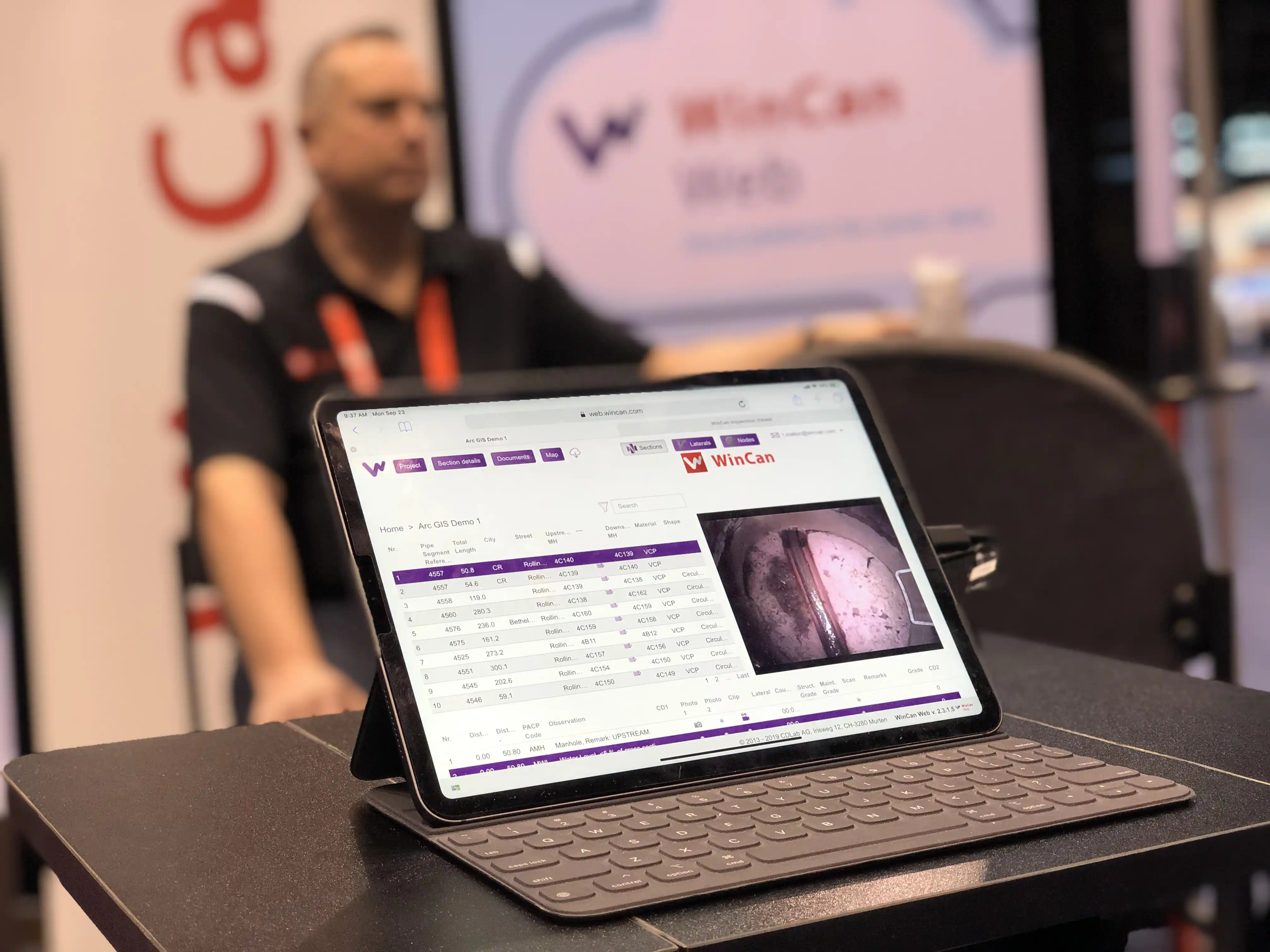
.webp)





